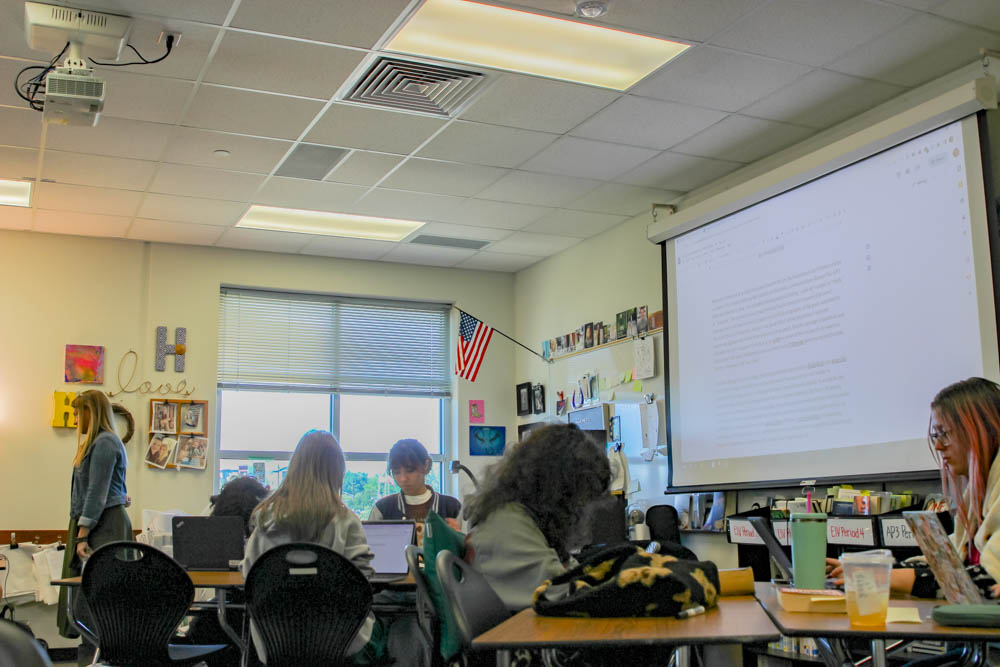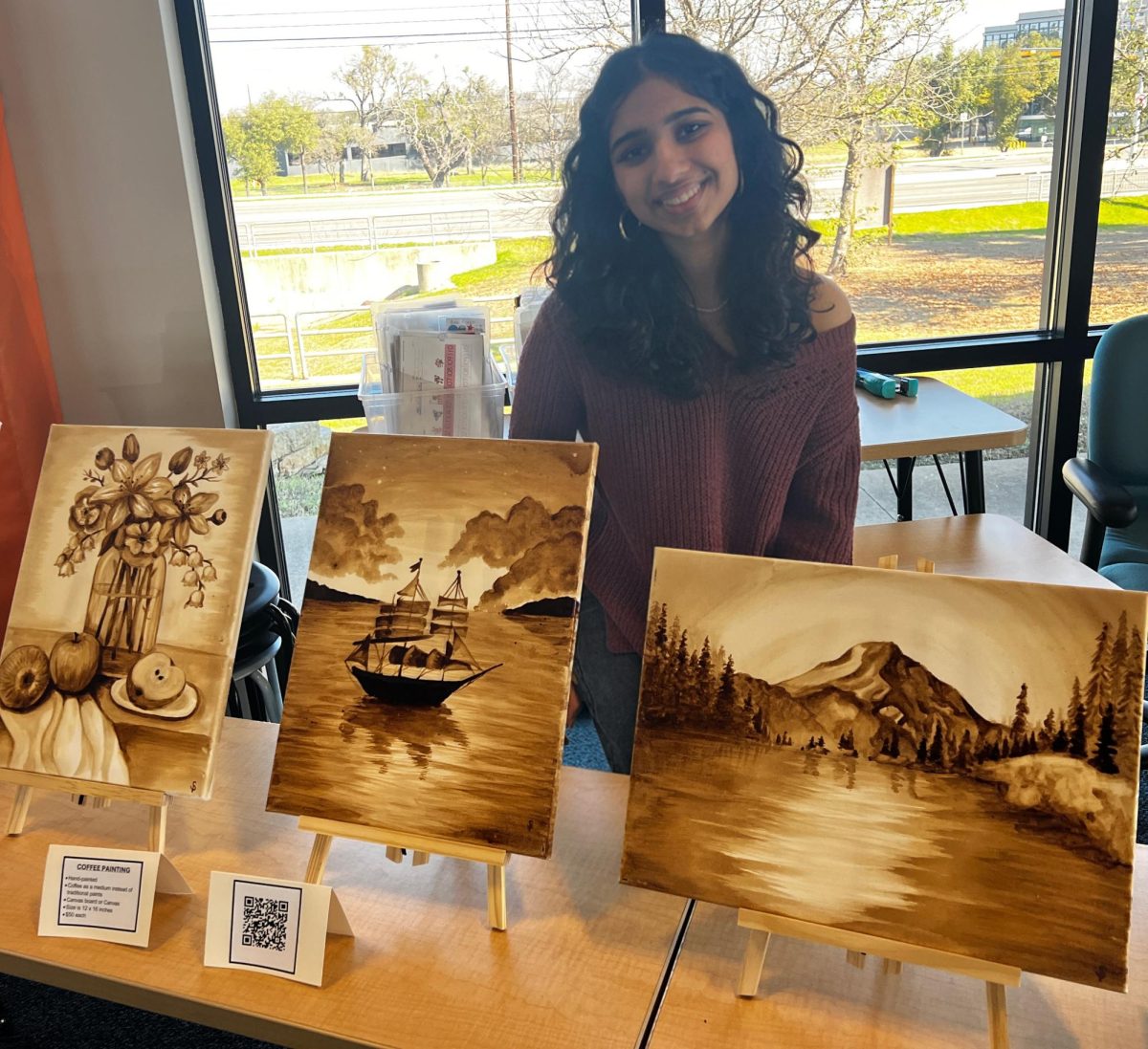According to the National Institutes of Health, “Neuroplasticity is defined as the ability of the nervous system [brain] to change its activity in response to intrinsic or extrinsic stimuli by reorganizing its structure, functions, or connections.” This area of study has started to creep into the lives of AP English III students, as they are able to discover more about this topic in class and apply it to their daily lives.
“The subject gives students a chance to explore brain development and neuroplasticity using self-selected, high interest texts,” AP English III teacher Angela Harrelson said. “The group arrangement will allow for discussions that will improve comprehension and retention of content for later use in the AP classroom.”
Students in AP English III are choosing a college-level nonfiction book about neuroplasticity and brain development for the second six-weeks to read in a book group. While reading the text, they will discuss their thoughts with other students, simultaneously developing their analyzing and synthesizing skills.
AP English III teacher Cassie Miller understands the possible challenges, as students may not have an interest in this topic, but believes that this book will lead to beneficial skills.
“There will be some upper-level concepts in these texts that would require students to research for comprehension,” Miller said. “They might struggle to read the book, but the skills remain the same.”
Although there are disadvantages regarding bringing this topic into the classroom, there are many advantages teachers see with this new addition. They believe that this topic will enhance the students’ communication, spark interests in neuroplasticity, and develop skills related to critical thinking using texts.
“The idea that [young people] have any control over the structure of our own brains seems like a high interest topic for the academic nature of AP Language & Composition and the students who take this class,” head of the English department Kirsten Mulligan said.
“I like that students are able to study a topic to develop an awareness of self while also applying skills for written communication,” Harrelson said.
Teachers also believe these book groups and activities within the group will improve students’ relationships with their peers.
“The students have more than just their friends in their book groups,” Miller said. “They open up and interact with different people in the class than they usually do. More lines of communication are developed and more perspectives are heard.”
Even though the main goal of this unit is to learn synthetical and analytical skills through these books, teachers are hoping that since students have a choice of selecting their book, this will grow their interest on the subject.
“Many students are interested in the brain, how it develops and how it grows,” Miller said. “Using a high-interest topic as well as allowing choice in their reading will help students buy in to the skills we cover.”
Teachers are excited to see how this unit plays out on students’ lives at school and the skills they will learn in this unit and with their peers.
“Our goal in AP English is that our students become lifelong learners and thinkers,” Mulligan said. “Understanding that everybody’s brain is different and [that] each of our life experiences shapes our brains differently might be a step toward our goal of becoming critical thinkers.”









